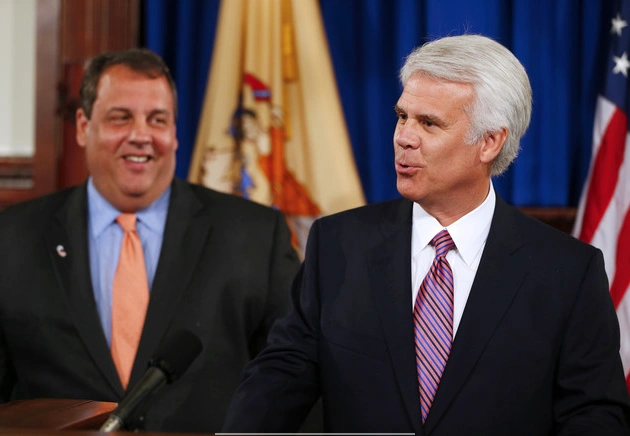
In the realm of political fundraising, tactics can sometimes blur the line between genuine support and confusion among donors. The recent controversy surrounding Republican candidate Bill Spadea’s fundraising methods has shed light on the challenges faced by small-dollar donors.
The Confusion Among Donors
Many donors, like Margaret McLendon and Laurie Daiger, found themselves unknowingly contributing to Spadea’s campaign multiple times. The lack of clarity in fundraising appeals, especially those using automatic recurring donations, has left donors feeling deceived and distrustful.
The Role of Fundraising Platforms
Platforms like WinRed, commonly used by Republican candidates, play a significant role in processing donations. However, the automatic recurring donation feature has raised concerns about donor awareness and transparency.
Implications for Political Campaigns
While fundraising is crucial for political campaigns, the ethics of tactics like pre-checked recurring donation boxes have come under scrutiny. Campaigns must balance financial needs with donor trust to maintain credibility.
Ensuring Clarity and Transparency
Donors deserve clear communication and transparency in fundraising appeals. Campaigns that prioritize honest and straightforward solicitations build stronger relationships with supporters and avoid potential backlash.
The Road Ahead
As the debate over fundraising tactics continues, it is essential for campaigns to reassess their strategies. Prioritizing donor awareness and consent can lead to more sustainable fundraising practices and foster trust among supporters.















